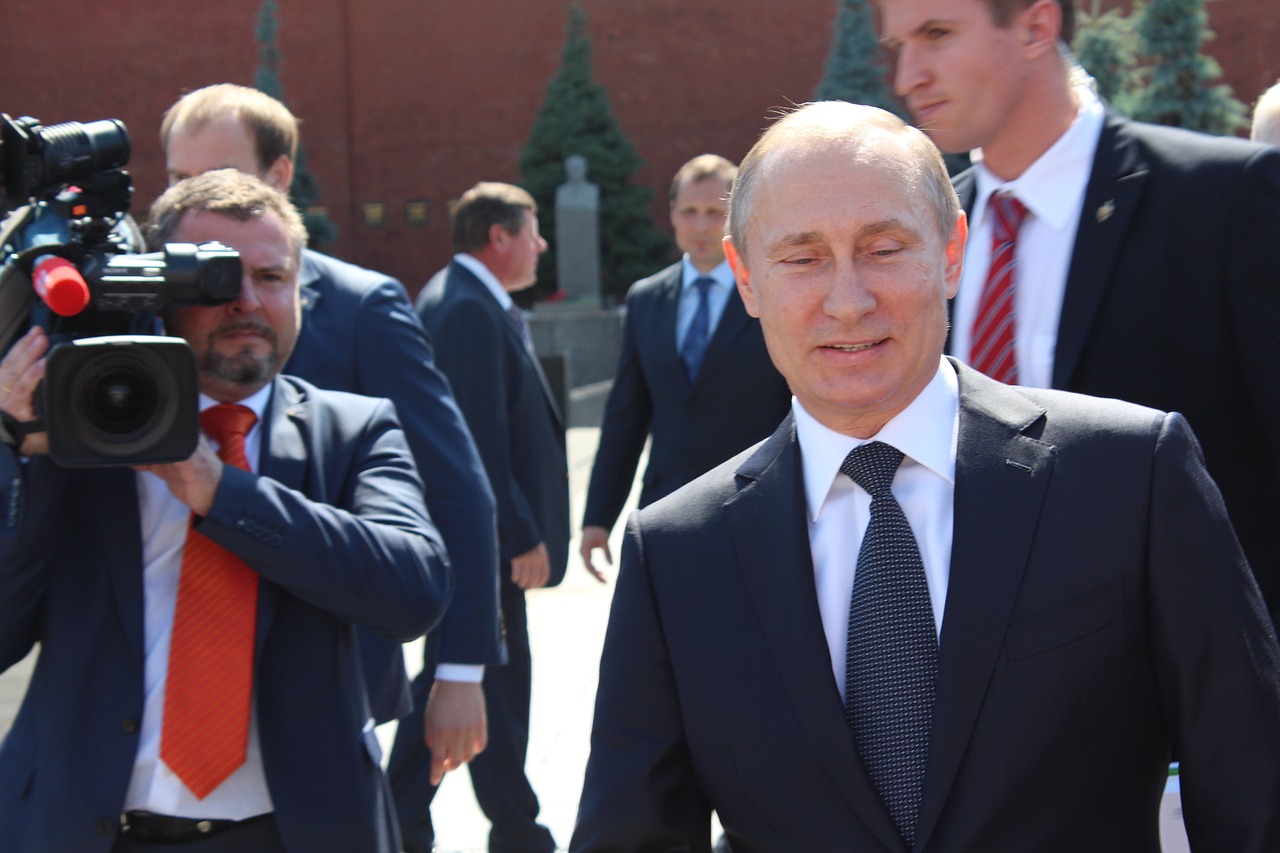Table of Contents
Background
Vladimir Putin’s leadership in Russia has spanned more than two decades, making him a central figure in the nation’s political landscape. Over this time, different generations of Russians have formed their own distinct perspectives on Putin’s leadership, influenced by their unique life experiences, historical context and societal changes. In this article, we will explore the generational perspectives on Vladimir Putin, examining how various age groups perceive his leadership.
Vladimir Putin’s enduring leadership in Russia, which has now stretched across more than two decades, has firmly established him as a central and enduring figure in the nation’s political landscape. This longevity has afforded him the rare position of influencing the lives and opinions of multiple generations of Russians. As the political landscape evolved and society underwent significant changes during his tenure, distinct generational perspectives on Putin’s leadership have emerged, reflecting the varied experiences, historical contexts and societal shifts that each age group has encountered.
For those who came of age during Putin’s early years in power, his leadership represented a sense of stability and a departure from the tumultuous 1990s. This generation experienced firsthand the economic hardships and political turmoil of that era, making Putin’s promise of stability and order appealing. Their perspective often centers on Putin as a leader who restored Russia’s dignity and international standing after a period of perceived decline.
Conversely, younger generations, born during or after Putin’s rise to power, have a different set of experiences and expectations. They grew up in a Russia marked by greater access to information, technology and global connectivity. This generation tends to be more critical of Putin’s leadership, with many advocating for greater political pluralism, individual freedoms and opportunities in line with global norms. They often view Putin’s administration through the lens of their desire for a more open and inclusive society.
The generation in between these two extremes also holds unique perspectives. They have witnessed both the challenges of the 1990s and the changes that accompanied Putin’s rule. This group often balances a sense of nostalgia for the stability they associate with Putin’s leadership against a desire for greater political freedoms and opportunities for their children.
In this article, we will delve into these generational perspectives on Vladimir Putin, exploring how different age groups perceive his leadership and how their views are shaped by their distinct life experiences and the evolving landscape of Russia. By examining the multifaceted relationship between Putin’s leadership and generational perspectives, we gain valuable insights into the complex dynamics of Russia’s political landscape and the nation’s future trajectory.
Don’t stop here; you can continue your exploration by following this link for more details: The Whys and Hows of Generations Research | Pew Research Center
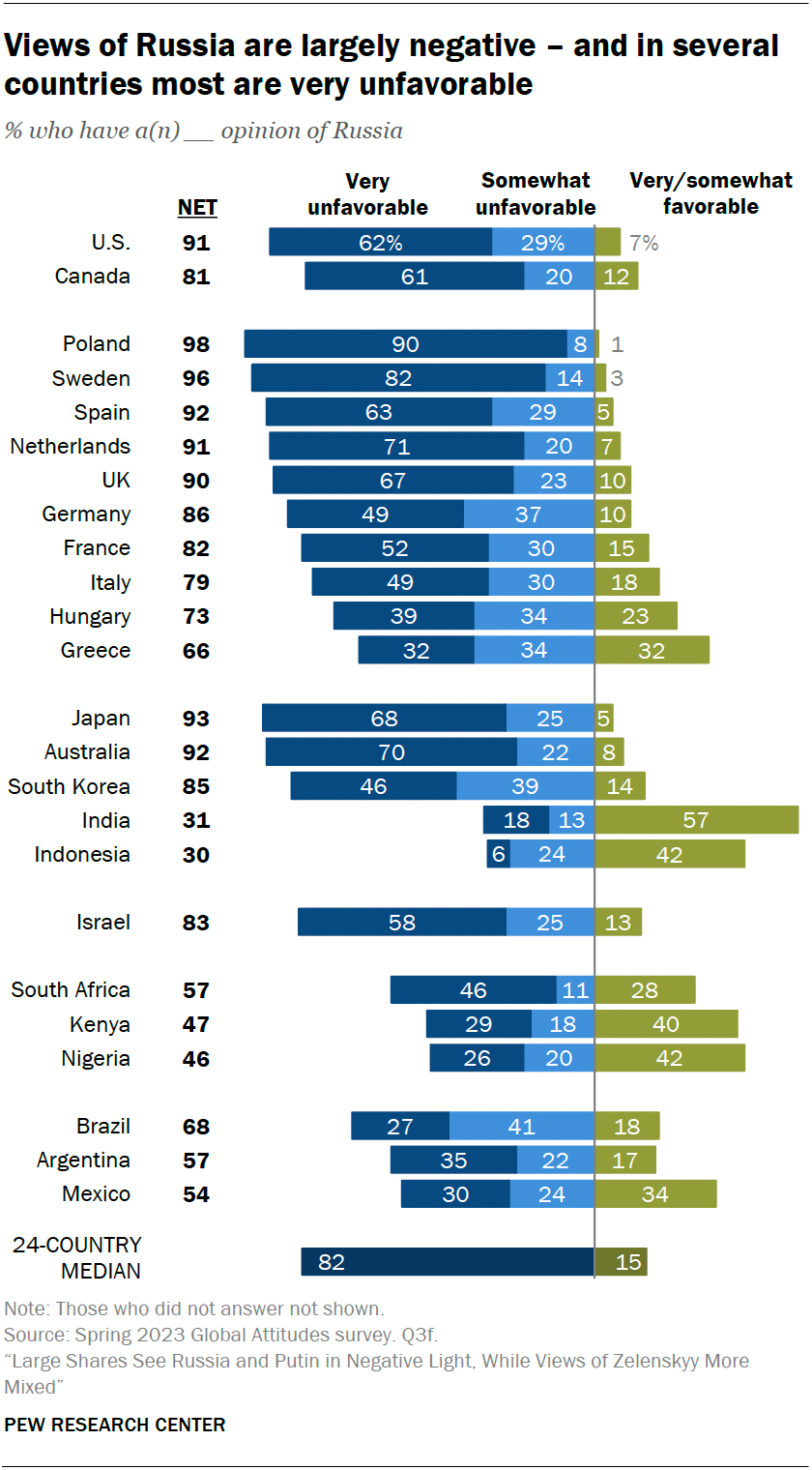
Interpretation
The Soviet Generation (Born pre-1980s)The oldest generation of Russians, who grew up during the Soviet era, often views Putin as a leader who restored Russia’s global standing. They remember the tumultuous years of the 1990s, marked by economic hardships and political instability and appreciate Putin’s role in stabilizing the country. For them, Putin represents a return to a strong and assertive Russia reminiscent of the Soviet Union.
The Soviet Generation, born before the 1980s, indeed holds a unique perspective on Putin’s leadership, one deeply rooted in their formative years spent during the Soviet era. Their perception of Putin goes beyond the realm of politics; it’s intertwined with their personal experiences and the historical context of their upbringing.
For this generation, the memory of the Soviet Union casts a long shadow over their worldview. They recall a time when the Soviet Union was a global superpower and the sense of pride and prestige that came with it. However, they also remember the tumultuous era of the 1990s, marked by economic upheaval, political uncertainty and a perceived loss of international influence. It was a period of transition and instability that left many Russians feeling disillusioned and uncertain about the future.
In the eyes of the Soviet Generation, Putin emerges as a figure who played a pivotal role in stabilizing Russia after this turbulent period. They credit him with restoring a sense of order and national pride. Putin’s strong and assertive leadership style resonates with their nostalgia for a time when Russia was seen as a formidable global player, akin to the Soviet Union. They view his efforts to strengthen Russia’s position on the international stage as a return to the country’s former glory.
Moreover, the Soviet Generation often appreciates Putin’s emphasis on traditional values, including those that harken back to the Soviet era, such as patriotism and a strong sense of national identity. They see these values as a continuation of the Soviet legacy and a counterpoint to what they perceive as the erosion of traditional values in the post-Soviet era.
However, it’s crucial to acknowledge that not all members of the Soviet Generation share this perspective. There are varying viewpoints within this cohort, reflecting the diversity of experiences and opinions that exist in any generation. Some may critique Putin’s leadership, particularly on issues related to political freedoms and human rights.
In sum, the view of Putin held by the Soviet Generation is deeply shaped by their personal histories and the historical context in which they came of age. For many in this generation, Putin represents a leader who brought stability, national pride and a return to the assertive Russia of their youth. Understanding this perspective is essential for comprehending the complexities of generational attitudes toward Putin’s leadership in Russia.
To delve further into this matter, we encourage you to check out the additional resources provided here: The Whys and Hows of Generations Research | Pew Research Center

Delving Deeper
The Transition Generation (Born in the 1980s and early 1990s)This generation experienced the collapse of the Soviet Union and the turbulent transition to a market economy. They tend to have mixed views on Putin. Some see him as a stabilizing force who brought order to a chaotic period, while others criticize him for curtailing democratic freedoms and opportunities for economic growth.
The Transition Generation, born in the 1980s and early 1990s, occupies a unique place in Russian history. Their formative years coincided with the collapse of the Soviet Union and the tumultuous transition to a market economy. This pivotal period left an indelible mark on their perspectives and attitudes, resulting in a diverse range of views when it comes to Vladimir Putin’s leadership.
For some within this generation, Putin is regarded as a stabilizing figure who played a crucial role in bringing order to the chaos that followed the Soviet Union’s dissolution. They credit him with restoring a sense of national pride and reestablishing a semblance of normalcy during a time of uncertainty and economic hardship. To them, Putin represents a leader who ensured that the nation did not descend into further turmoil and disintegration.
However, the Transition Generation is not monolithic in its assessment of Putin. Others within this cohort hold a more critical view, seeing his tenure as marked by curtailments of democratic freedoms and missed opportunities for robust economic growth. They argue that Putin’s consolidation of power and his government’s crackdown on political opposition have stifled political pluralism and suppressed voices of dissent. Additionally, concerns about corruption and a lack of transparency in government have left them disillusioned.
This generation’s complex relationship with Putin’s leadership is a reflection of Russia’s broader political landscape, characterized by competing narratives and divergent perspectives. Their mixed views underscore the intricate interplay between historical context, personal experiences and evolving political dynamics in shaping attitudes toward leadership. As Russia continues to evolve, the stance of the Transition Generation will likely remain a dynamic and influential force in the nation’s political discourse, contributing to the ongoing debates about Russia’s path and identity in the 21st century.
For additional details, consider exploring the related content available here Human population growth and the demographic transition – PMC

Offering Additional Insight
The Post-Soviet Generation (Born in the mid-1990s to early 2000s)Younger Russians who grew up in the post-Soviet era often have a more critical perspective on Putin’s leadership. They are more connected to global information and have a greater awareness of political alternatives. Many in this generation have been at the forefront of protests and political activism, challenging Putin’s government on issues like political freedoms and corruption.
The Post-Soviet Generation, born in the mid-1990s to the early 2000s, represents a demographic cohort in Russia that has distinct perspectives on Putin’s leadership, characterized by a nuanced blend of skepticism and activism. These younger Russians have come of age in a world vastly different from the Soviet era, marked by greater connectivity to global information and a heightened awareness of political alternatives. Let’s delve further into the multifaceted dynamics that shape the attitudes and actions of the Post-Soviet Generation:
1. Access to Global Information: Growing up in the digital age, this generation has unparalleled access to global information. The internet and social media have exposed them to diverse viewpoints and international news, fostering a broader understanding of political and social issues beyond Russia’s borders.
2. Comparative Awareness: The Post-Soviet Generation is acutely aware of political systems and governance models in other countries. They often draw comparisons between Russia’s political landscape and those of democracies, leading to critical perspectives on aspects like political freedoms, transparency and accountability.
3. Activism and Protest: Many young Russians from this generation have actively engaged in protests and political activism. They have taken to the streets to voice their concerns about issues such as political repression, electoral fairness and corruption. These activists have played a pivotal role in challenging the status quo and advocating for change.
4. Demands for Accountability: The Post-Soviet Generation demands accountability from their government. They have pushed for investigations into issues like election irregularities and human rights abuses. Their activism has contributed to increased scrutiny of the government’s actions, both domestically and on the international stage.
5. Pursuit of Political Freedoms: A key theme in the activism of this generation is the pursuit of greater political freedoms. They advocate for a more open and inclusive political environment, where dissent is not stifled and civil society can thrive.
6. Influence on Public Discourse: The activism and critical perspectives of the Post-Soviet Generation have had a ripple effect on public discourse. They have spurred conversations about the role of youth in shaping Russia’s future and the need for generational voices to be heard.
7. Response from Authorities: The government’s response to this activism has varied, including arrests, restrictions on protests and attempts to quell dissent. These actions have further galvanized the Post-Soviet Generation and led to debates about freedom of expression and political participation.
8. International Engagement: This generation is more likely to engage with the international community, seeking support and solidarity from like-minded individuals and organizations abroad. Their efforts to highlight human rights concerns on the global stage have raised Russia’s profile in international discussions.
In summary, the Post-Soviet Generation in Russia represents a dynamic force in the country’s political landscape. They bring a critical and activist perspective to the table, driven by a desire for greater political freedoms, transparency and accountability. As this generation continues to shape the discourse and actions within Russia, their impact on the nation’s political future remains a topic of keen interest and observation, both domestically and internationally.
Should you desire more in-depth information, it’s available for your perusal on this page: GlobalTrends_2040.pdf
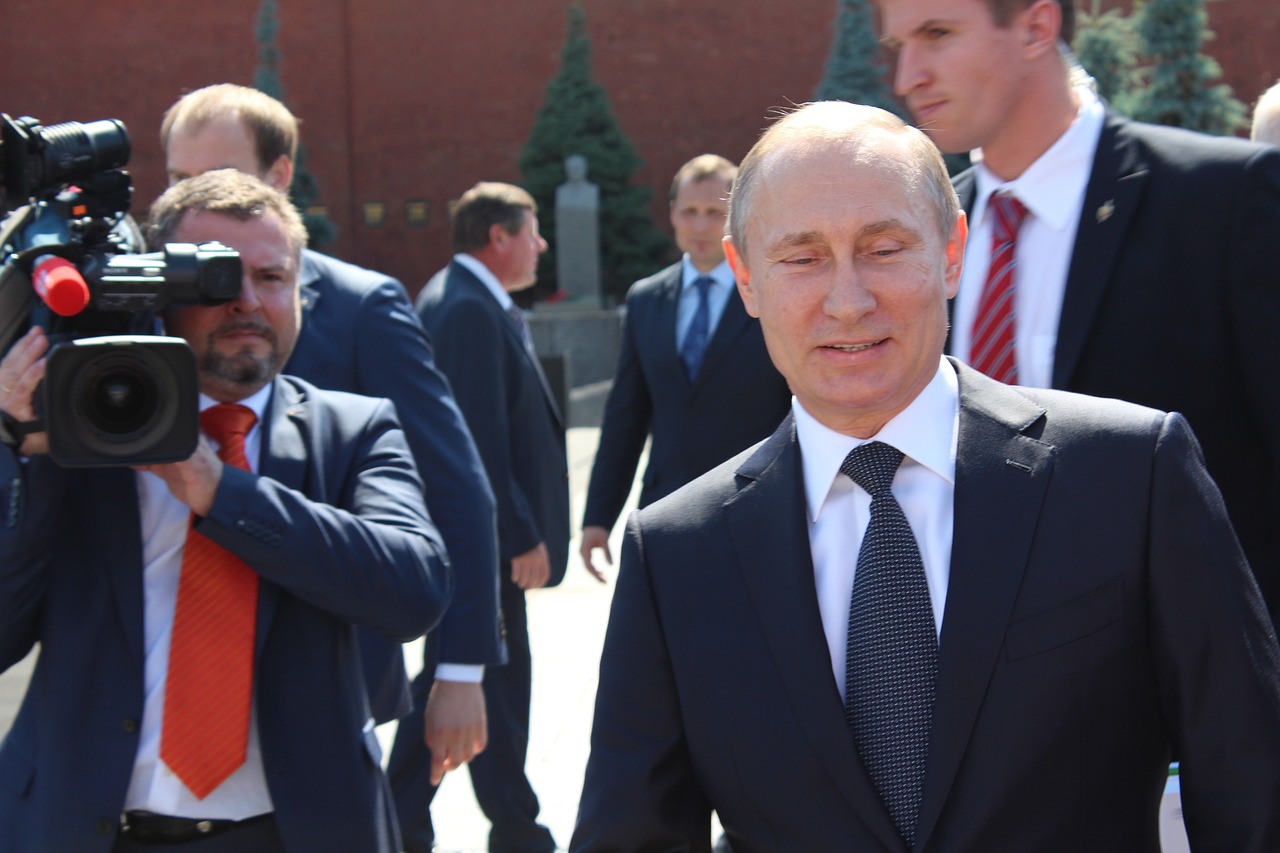
Background
The Putin Generation (Born in the mid-2000s and later)The youngest generation of Russians, sometimes referred to as the “Putin Generation,” has grown up in a Russia largely shaped by Putin’s leadership. They have little or no memory of the Soviet era and have experienced relative stability under Putin’s rule. Their views are diverse, with some feeling a sense of patriotism and national pride, while others are critical of the lack of political pluralism and limited opportunities for change.
The Putin Generation, born in the mid-2000s and onwards, constitutes a unique cohort of individuals who have come of age in a Russia fundamentally influenced by Vladimir Putin’s extended tenure at the helm. Unlike their predecessors who lived through the Soviet era or the early post-Soviet period, the youngest generation has had their formative years predominantly under Putin’s rule, marking a distinct sociopolitical backdrop.
Growing up in an era of relative stability and economic growth, this generation has witnessed Russia’s increasing prominence on the global stage. The influence of state-controlled media and the educational system has played a role in shaping their perceptions and understanding of the nation’s history, identity and geopolitical standing. Consequently, there exists a spectrum of views within this cohort, reflecting a diversity of perspectives and attitudes towards Putin’s leadership and its implications for the nation.
A segment of the Putin Generation embraces a sense of patriotism and national pride, viewing Putin as a strong leader who has restored Russia’s standing in the world. They applaud his policies that prioritize stability, order and assertive foreign diplomacy. For them, Putin represents a symbol of national resurgence and a bulwark against perceived external threats to Russia’s sovereignty.
On the other hand, some individuals within this generation harbor critical views regarding the lack of political pluralism and restricted avenues for change under Putin’s administration. They are concerned about the limited freedom of expression, political competition and the concentration of power within the government. These individuals advocate for a more open, diverse and democratic Russia, pushing for a greater say in the nation’s affairs and a broader spectrum of opportunities for their generation and those that follow.
The interplay of these varying perspectives within the Putin Generation reflects the nuanced sociopolitical landscape of contemporary Russia. As they continue to mature and engage with the evolving dynamics of their society, their views and collective influence on Russia’s trajectory will undoubtedly become increasingly significant. The actions and policies of both the government and the wider society will continue to shape the ongoing narrative and experiences of this generation, adding a crucial layer to Russia’s multifaceted sociopolitical landscape.
Should you desire more in-depth information, it’s available for your perusal on this page: The Whys and Hows of Generations Research | Pew Research Center
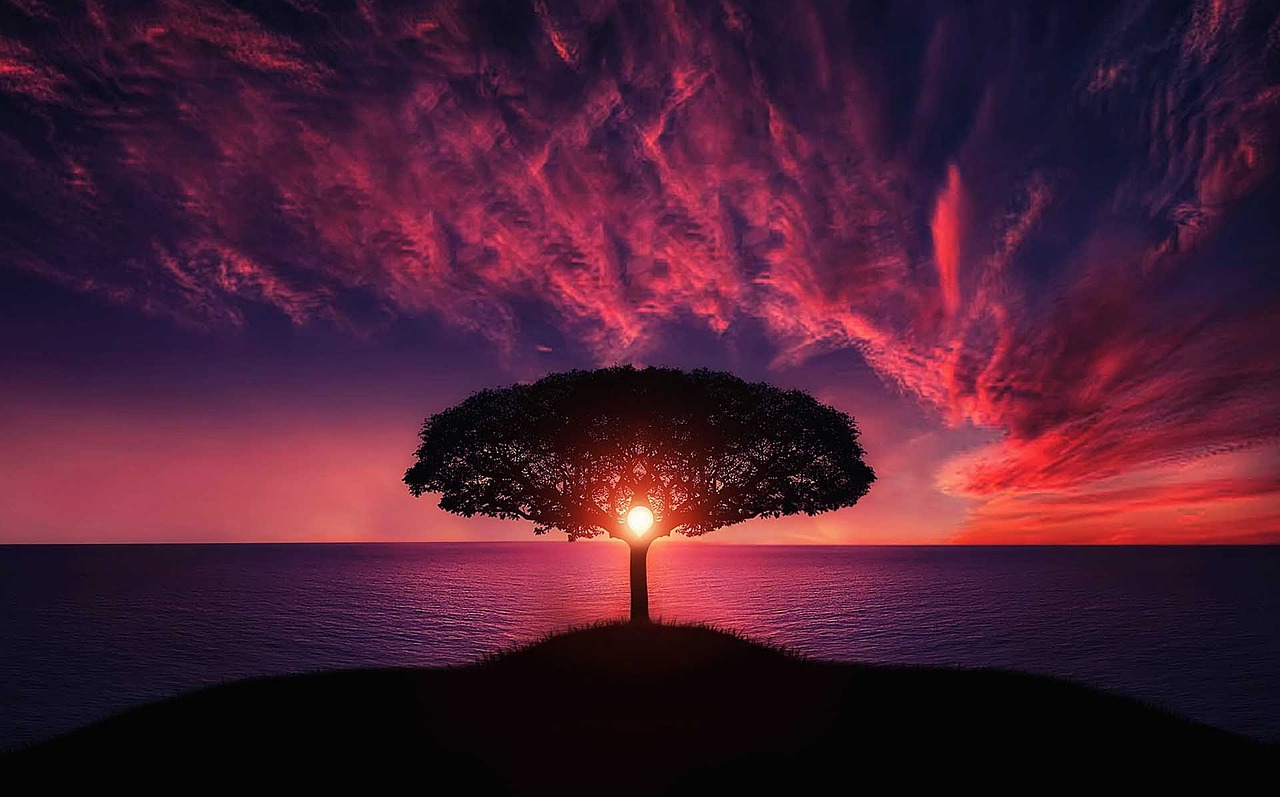
Key Points
Global PerspectivesIt’s important to note that these generational perspectives are not limited to Russia alone. How Putin is viewed also varies among international audiences. Western countries often view Putin through the lens of geopolitical tensions and concerns about democracy and human rights. Meanwhile, some nations with historical ties to Russia or shared economic interests may have more positive views of his leadership.
Global Perspectives: The generational perspectives on Putin’s leadership extend beyond Russia’s borders. Western countries, for instance, often scrutinize Putin in the context of geopolitical tensions and concerns over democratic principles and human rights. The East-West dynamic has led to a complex relationship, marked by both cooperation and confrontation.
Conversely, nations with historical ties to Russia or shared economic interests may hold more favorable views of his leadership. These countries often emphasize areas of collaboration and see Putin’s administration as a pragmatic partner in diplomacy, trade and regional stability.
It’s essential to recognize that Putin’s influence is not confined to Russia’s domestic politics but has far-reaching implications for international relations. Understanding how diverse global audiences perceive his leadership is crucial for comprehending the multifaceted impact of his policies on the world stage. As geopolitical dynamics evolve, the global perspectives on Putin will continue to shape diplomatic relations and international discourse.
To expand your knowledge on this subject, make sure to read on at this location: Understanding Generation Gaps in LGBTQ+ Communities …
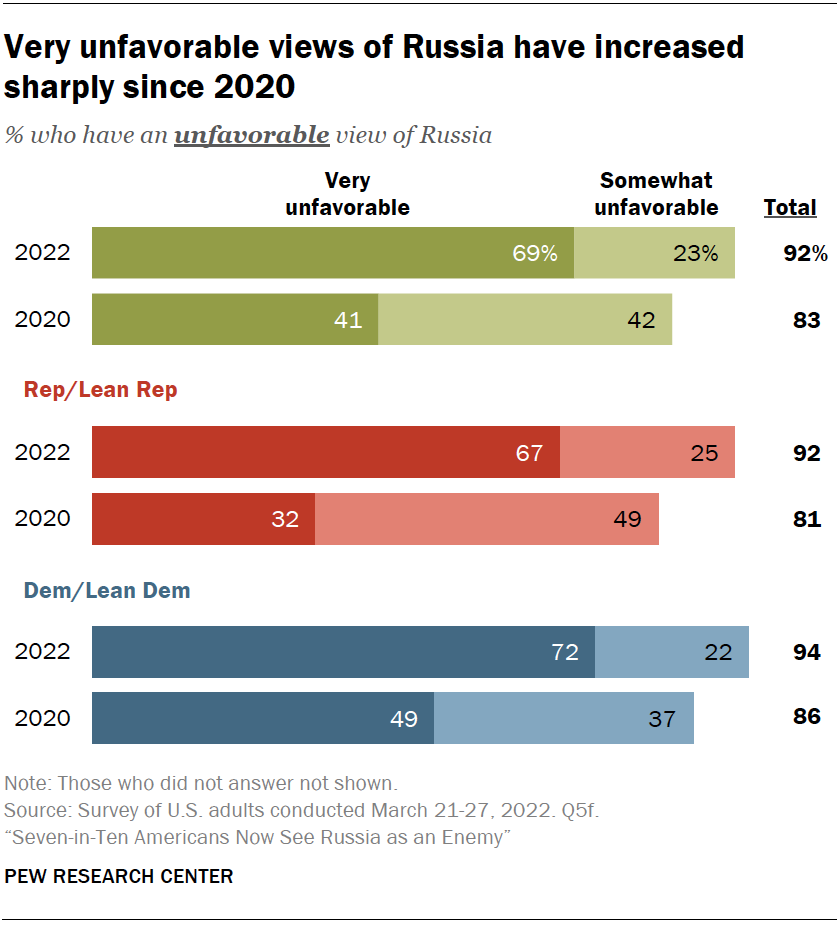
Interpretation
Generational perspectives on Vladimir Putin’s leadership in Russia are complex and multifaceted. They are shaped by historical context, personal experiences and exposure to global influences. As Putin’s tenure continues to evolve, it will be fascinating to observe how these generational perspectives shift and adapt to changing political and societal dynamics in Russia and beyond. Understanding these perspectives is essential for gaining insight into the diverse and evolving opinions about Putin’s role in Russian politics.
Generational perspectives on Vladimir Putin’s leadership are indeed a rich tapestry, influenced by a multitude of factors that go beyond a simple analysis. Let’s delve deeper into the complexities of these perspectives:
Historical Context: Different generations have lived through various phases of Russia’s recent history, from the tumultuous years of the Soviet Union’s collapse to the more stable but authoritarian Putin era. These historical experiences color their views on Putin’s leadership. Older generations may view Putin as a stabilizing force in a time of chaos, while younger generations might focus more on issues of political freedom and democracy.
Personal Experiences: Personal experiences play a significant role in shaping generational perspectives. Those who have directly benefited from Putin’s economic policies and Russia’s growing global influence may view his leadership more favorably. Conversely, individuals who have faced political repression, censorship or economic challenges may have a more critical view.
Global Exposure: The ease of global communication and access to information has exposed younger generations to international perspectives and ideals, influencing their views on governance and leadership. This exposure can lead to generational divides in opinions about Putin’s leadership, with younger Russians often being more critical and seeking greater political freedoms.
Economic Prosperity vs. Political Freedom: Generational perspectives can be divided along the lines of economic prosperity versus political freedom. Older generations may prioritize economic stability and view Putin as a guarantor of Russia’s economic success, while younger generations might prioritize political reform and democratic values, advocating for more inclusive political processes.
Media and Information Ecosystem: The media landscape in Russia has evolved significantly under Putin’s leadership, with state-controlled media dominating the narrative. Understanding how different generations consume and trust information sources can provide insights into their perspectives. Younger generations, for instance, may turn to independent and online sources for information, leading to a more critical view of state-controlled media.
Evolving Political Dynamics: As Putin’s tenure continues to evolve, so do the political dynamics within Russia. Generational perspectives will adapt to these changing circumstances, especially in response to events such as elections, protests and shifts in domestic and foreign policy.
Role of Civil Society: The role of civil society organizations and grassroots movements is crucial in shaping generational perspectives. Younger generations, in particular, may be more inclined to engage in activism and advocate for change, further influencing the discourse on Putin’s leadership.
Interplay with International Relations: Russia’s role on the international stage also affects generational perspectives. Changes in Russia’s relationship with the West, its involvement in conflicts and its pursuit of global alliances all have an impact on how different generations perceive Putin’s leadership.
In conclusion, generational perspectives on Vladimir Putin’s leadership in Russia are multifaceted and constantly evolving. These perspectives are shaped by historical context, personal experiences, access to information and evolving political dynamics. As Russia and the world continue to change, understanding these generational perspectives is essential for gaining a nuanced and comprehensive insight into the diverse range of opinions about Putin’s role in Russian politics.
Additionally, you can find further information on this topic by visiting this page: Where Millennials end and Generation Z begins | Pew Research …
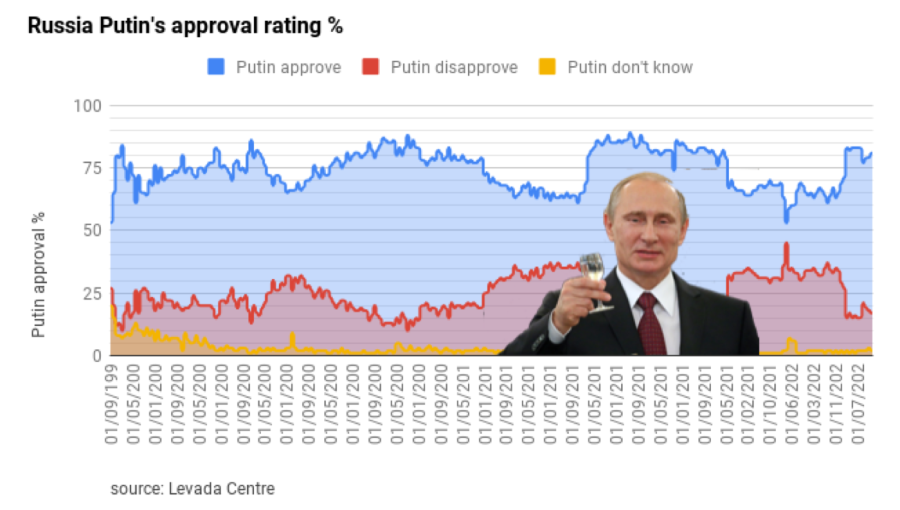
More links
Should you desire more in-depth information, it’s available for your perusal on this page: U.S. Millennials tend to have favorable views of foreign countries …
